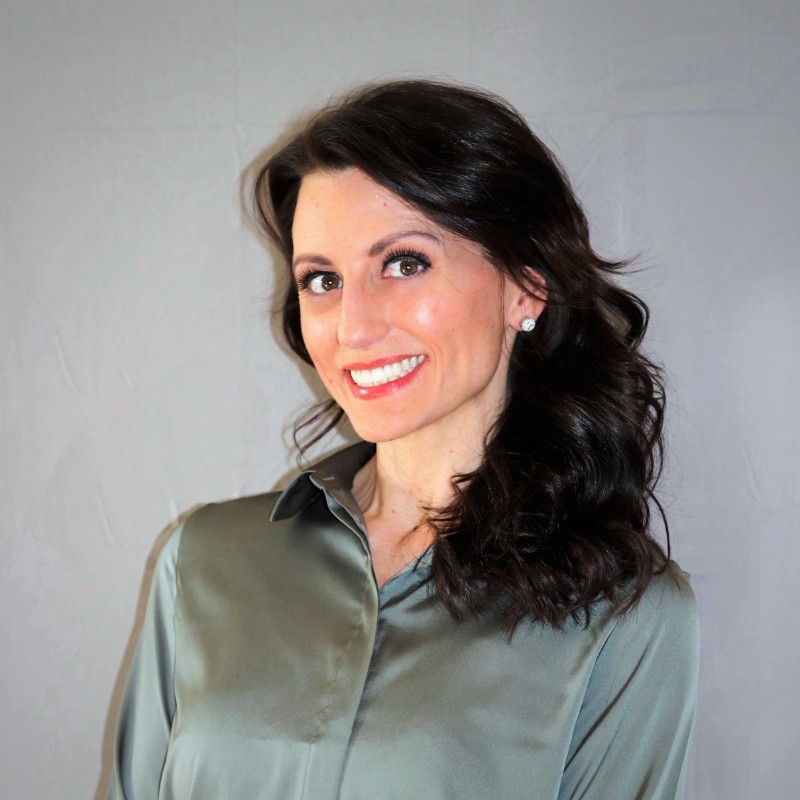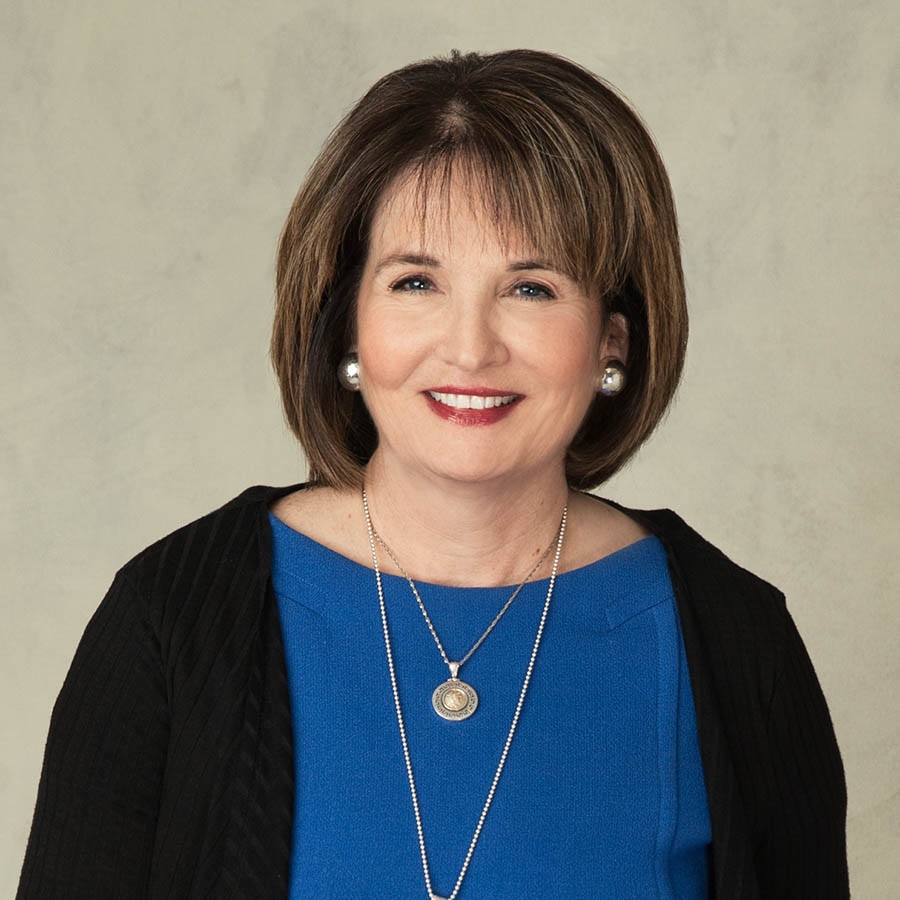Open enrollment has been a heavy lift for employers this year, as many HR and benefits leaders have ramped up efforts to engage and encourage employees to pay attention to offerings during a once-in-a-lifetime pandemic.
But the good news is that employees, too, are taking the annual benefits period more seriously in the midst of COVID-19.
Related: HR’s next big job: Convincing employees to get COVID vaccines
“Choosing your benefits is one of the most important financial decisions [employees will] make this year,” says Rob Hecker, vice president of global total rewards at Unum. “Today’s pandemic reminds us we need to be prepared for life’s unexpected health events.”
The pandemic has put a new focus on benefit offerings as ways to help employees get through healthcare, financial, mental health and family challenges. A significant number of employers enhanced and rolled out new offerings this year to employees–both available to workers immediately or following the new plan year.
Despite its importance, open enrollment has long been a lackluster time for both employers and workers: Employees, confused and frustrated by their choices, historically spend little time choosing benefits and tend to select the same benefits year after year. Most don’t research their options even though they aren’t literate on benefits, leaving employers struggling to make a significant impact.
Unum’s research, though, shows movement on employees’ part: 36% say they’re enrolling in different benefits this year, 64% say they’re paying more attention to their employee benefits and spending more time reviewing and understanding them. Workers plan to enroll for the first time or increase their coverage in life insurance (27%), hospital insurance (14%), short- and long-term disability insurance (12%), and critical illness coverage (12%), according to the Unum survey of 1,500 full-time U.S. workers.
New attention is spurred in part by new hardships facing employees: Nearly three out of five workers (57%) report financial stress or hardship; the same amount also worry about their mental health, Unum reports.

The news follows efforts by employers to approach enrollment differently this year. The majority of employers canceled in-person meetings and benefits fairs or made them virtual. Many organizations boosted their efforts to encourage employees to pay attention, while others are using open enrollment as a time to tout existing and available offerings.
Related: Open enrollment: How can HR succeed in a pandemic?
This year, Misty Guinn, director of benefits and wellness at Benefitfocus, for instance, recorded more than a dozen podcasts about benefits the company offers to employees to educate them on offerings. Her company also hosted virtual office hours this year, in a Zoom room, where employees can stop by to ask benefits and HR reps about offerings and open enrollment.

Booz Allen Hamilton, which has roughly 27,000 employees nationwide, focused on virtual ways of engaging workers during enrollment, including webinars, conference calls and emails with the majority of its employees working remotely, says Betty Thompson, the company’s executive vice president and chief people officer. The consulting firm also got more employees involved in open enrollment this year by training all managers on benefits, for instance, “so that everyone is more knowledgeable,” Thompson says.
“It’s employers that [employees are] expecting to take care of them and give them the right guidance on how to survive,” Guinn says. “We have that responsibility on our shoulders.”

